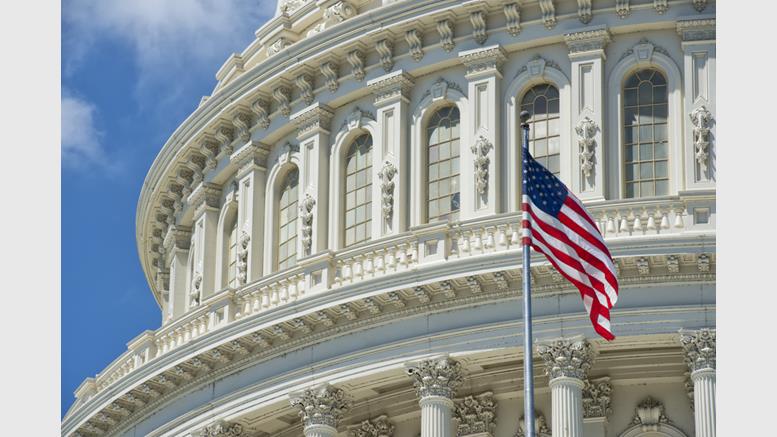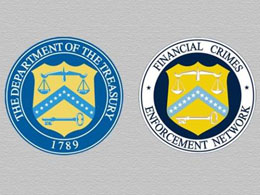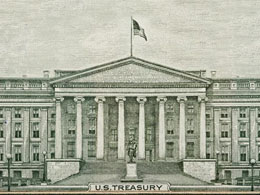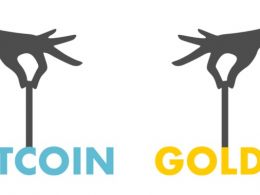
FinCEN Rules Bitcoin Payment Processors, Exchanges are Money Transmitters
The Financial Crimes Enforcement Network (FinCEN) has released new guidance for custodial bitcoin exchanges and payment processors, ruling that such companies may be considered money services businesses under US law. In a response to twin letters submitted in late 2013, the chief US money laundering and terrorist financing regulator explained that bitcoin exchanges may be money transmitters, even if they only match buyers and sellers on their platform. Further, the letters suggest this is true, even if the exchanges behave more like traditional securities or commodities exchanges, where no....
Related News
If there was any doubt about the fact as to whether or not FinCEN believes that digital currency payment processors in addition to exchange weren't money transmitters, there's now supreme clarity. This week, the Financial Crimes Enforcement Network (FinCEN) released two administrative rules covering a number of topics related to bitcoin. You can read them below: FIN-2014-R012. Here's the second one: FIN-2014-R011. As expected, members of the community aren't exactly thrilled about the news, but clarity when it comes to these matters are certainly important. What do you make of it all?
Will Bitcoin processors move first on this opportunity? Up to now, the largest Bitcoin payment processors have turned down businesses that sell legal marijuana in Colorado and Washington, but that may change with news today that the U. S. government has clarified anti-money laundering rules regarding these legally-peculiar businesses. The government has made it clear that banks may provide services to appropriately licensed marijuana dispensaries. Today FinCEN has issued a memorandum to prosecutors regarding the legal status of marijuana dispensaries and their payment processing. Marijuana....
FinCEN has released two new Virtual Currency Guidance notes today. FIN-2014-R011 and FIN-2014-R2012 both detail FinCEN's response to requests "for Administrative Ruling on the Application of FinCEN's Regulations to Virtual Currency" Trading Platforms and Payment Systems. FinCEN has clarified that both would require a money transmitter license under their federal rules. FinCEN's clarifications, presented by Jamal El-Hindi, the Associate Director of FinCEN's Policy Division, may be the precursor to a new wave of Bitcoin company crackdowns. Recently, the SEC revealed that there were ongoing....
The US Financial Crimes Enforcement Network (FinCEN) has published a new Suspicious Activity Report (SAR) analysis and, notably, the bulletin covers bitcoin. FinCEN, which is a bureau of the Department of the Treasury, has already weighed in on bitcoin in the past. In the last six months, it has ruled that bitcoin miners and investors, as well as cloud mining and escrow services built on the bitcoin protocol, are not money transmitters. FinCEN is tasked with policing financial transactions in the US and all money transmitters are expected to register with the bureau. This issue has....
The US Financial Crimes Enforcement Network (FinCEN) ruled that companies using blockchain to transfer precious metals are money transmitters. This came in response to an inquiry from a company which issues digital proofs of custody through the bitcoin blockchain to transfer ownership of gold, silver, and the like. Prior to this ruling, companies that use blockchain to transfer precious metal ownership simply fell under the category of a dealer in precious metals, precious stones, or jewels. Now, FinCEN has clarified that they are also money transmitters, which means that the regulations....





